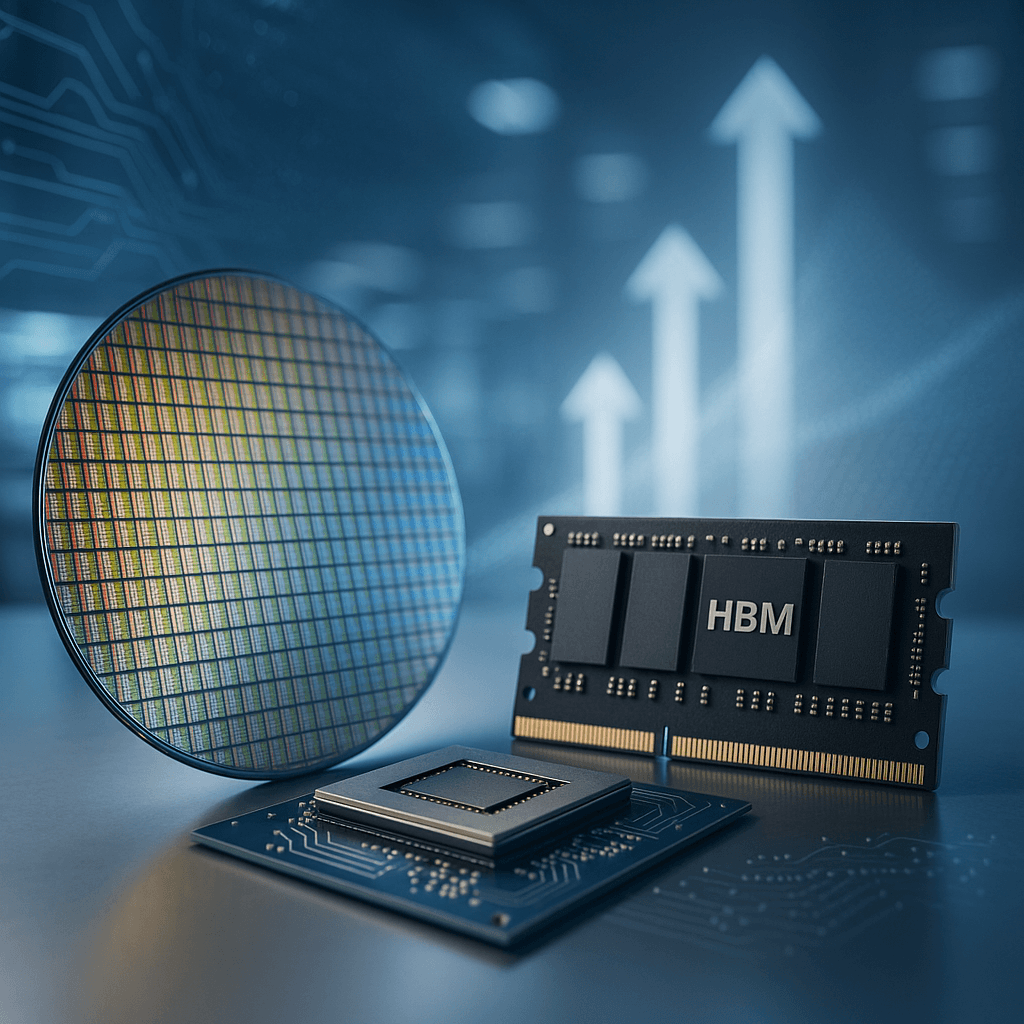SK Hynix, the memory chip giant powering Nvidia's AI revolution, just delivered a knockout punch to skeptics questioning AI's economic impact. The South Korean company posted record quarterly revenue of $17.13 billion and operating profit that surged 62% year-over-year, driven entirely by insatiable demand for high-bandwidth memory chips that make AI data centers possible.
The numbers tell a story that's reshaping the entire semiconductor landscape. SK Hynix didn't just beat expectations - it obliterated them, posting operating profit of 11.38 trillion won that puts the company squarely at the center of the AI gold rush.
What's driving this surge? It's not your typical memory chip demand. The company has become the critical supplier of high-bandwidth memory (HBM) chips that power Nvidia's flagship H100 and H200 AI processors. Every major tech company racing to build AI infrastructure - from Microsoft to Google - needs these specialized memory chips to make their AI models work.
"As demand across the memory segment has soared due to customers' expanding investments in AI infrastructure, SK Hynix once again surpassed the record-high performance of the previous quarter," the company said in its earnings release.
The timing couldn't be more perfect. While traditional DRAM and NAND flash memory markets have struggled with oversupply and pricing pressure, HBM represents an entirely different category - one where SK Hynix holds a commanding lead. The company established itself early as Nvidia's primary HBM supplier, a relationship that's now paying massive dividends as AI adoption accelerates.
But this isn't just about one quarter. The competitive dynamics are shifting rapidly. Samsung, historically the memory market leader, and US-based Micron are both scrambling to catch up in HBM production. The race is intensifying as companies realize that controlling this specialized memory technology means controlling a crucial piece of the AI supply chain.
"With the innovation of AI technology, the memory market has shifted to a new paradigm and demand has begun to spread to all product areas," SK Hynix CFO Kim Woohyun explained during the earnings call. The company isn't just riding the current wave - it's positioning for what comes next.
The financial performance speaks volumes about AI's real-world impact on hardware demand. Revenue jumped 39% year-over-year to 24.45 trillion won, slightly missing analyst estimates but still representing the company's strongest quarter ever. More importantly, operating margins expanded significantly as HBM commands premium pricing compared to commodity memory products.












